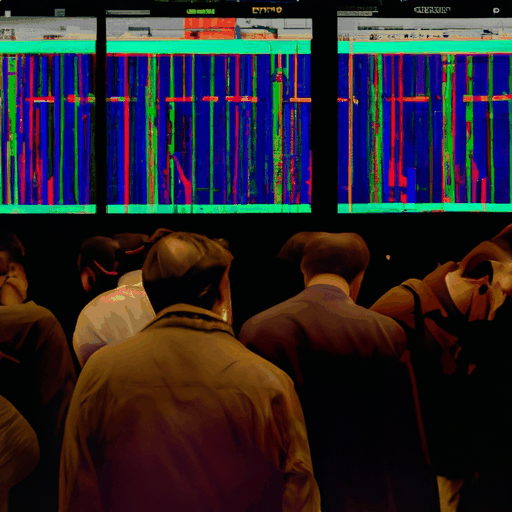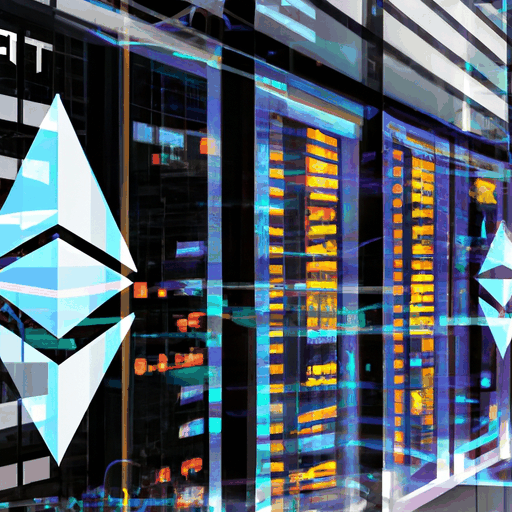
London Stock Exchange Pioneers Blockchain Platform for Private Funds
By: Eliza Bennet
The London Stock Exchange Group (LSEG) has made history by launching a blockchain-based platform specifically for private funds, marking it as the first such initiative by a global stock exchange. This pioneering step is powered by Microsoft, utilizing its cloud services, and represents a significant evolution in how private fund markets operate. The platform, known as Digital Markets Infrastructure (DMI), aims to streamline the processes associated with digital assets, spanning issuance, tokenization, and post-trade settlement. The move aligns with broader market innovations designed to improve efficiency and reduce costs in fund administration.
The initiative comes at a time of significant regulatory and policy shifts in the United Kingdom towards facilitating private markets. The UK's Financial Conduct Authority has recently laid the groundwork for a digital securities framework. This includes introducing the new PISCES trading venue, which has led to removing stamp duty barriers on certain trades. Together with LSEG's launch, these developments aim to modernize the private investment landscape by addressing long-standing inefficiencies in asset issuance and trading processes.
The potential impact of LSEG's blockchain platform is underscored by the size of the UK's private market assets, which are valued at around £1.2 trillion. Even a small percentage of these assets migrating to a more efficient blockchain-based system could result in substantial economic benefits. Projections suggest that this migration could bring about notable reductions in operational costs, thereby enhancing returns and value for fund managers and investors. The ability to standardize workflows and create more cost-effective, scalable solutions represents a significant step forward in the digital evolution of financial markets.
Looking towards the future, LSEG plans to expand the platform's capabilities beyond private funds to include other asset classes, further embedding blockchain technology within financial market infrastructures. However, the widespread adoption and success of these digital rails will depend heavily on regulatory environments and policy frameworks, particularly concerning stablecoins and tokenized assets. As the market observes the roll-out of this groundbreaking platform, industry stakeholders are keenly watching for signs of adoption by major private-market managers and service providers, which could serve as a bellwether for broader industry acceptance.



